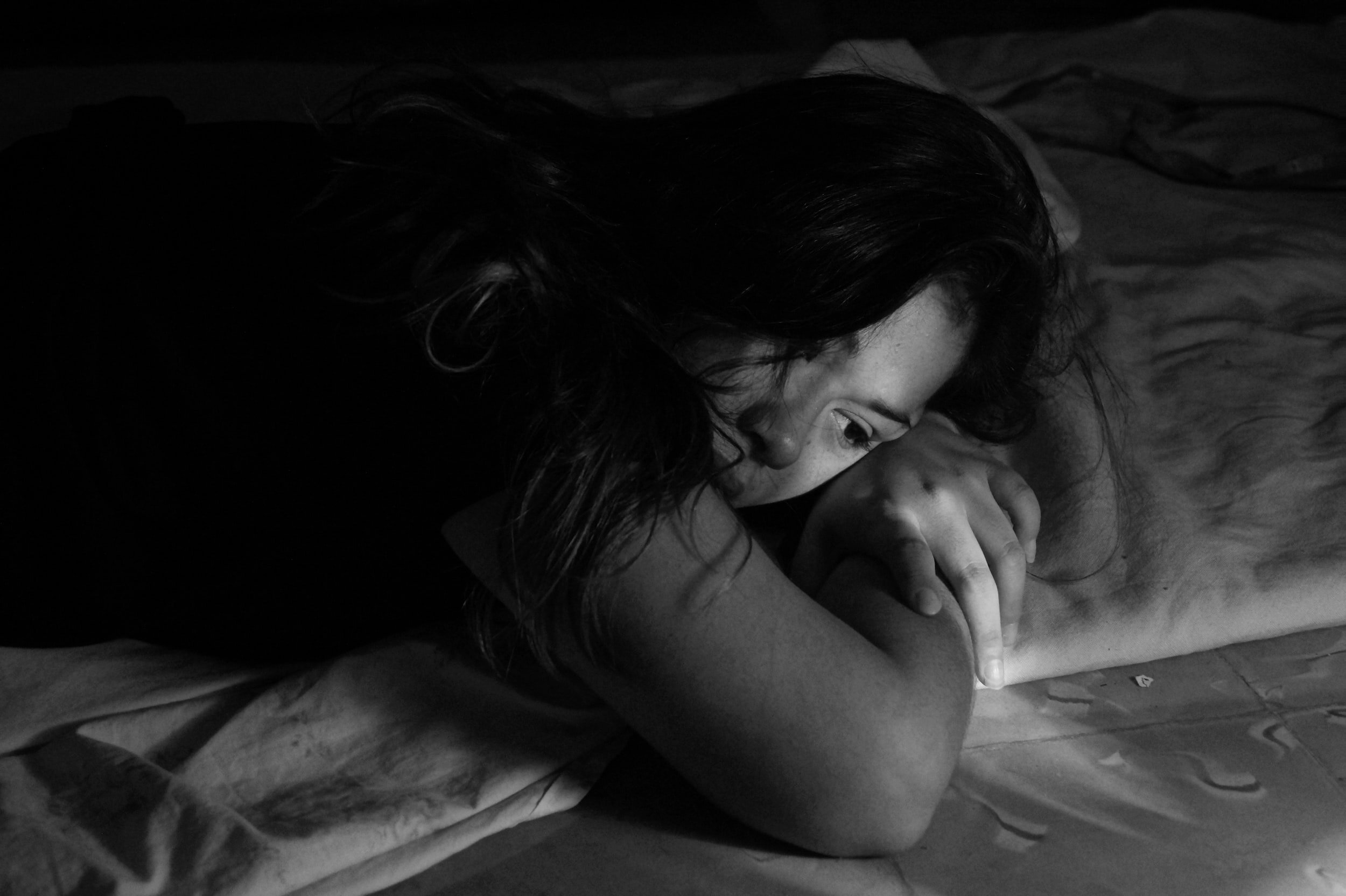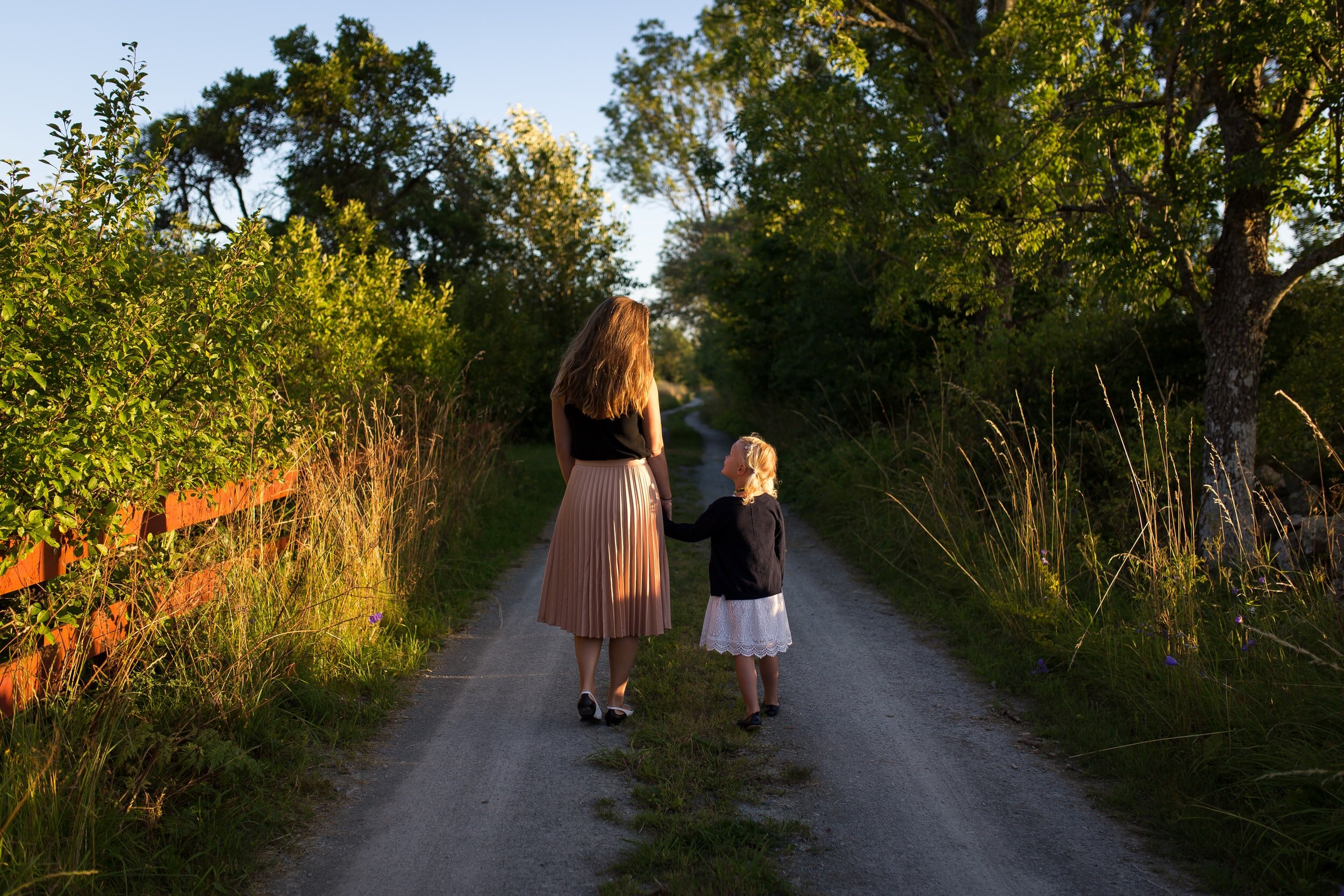What is religious trauma?
For many people, religion and spirituality are sources of support, guidance, and community, providing a sense of belonging in the world. But sometimes, spiritual beliefs can be used as weapons of power and control that can cause significant trauma. This is religious trauma; the experience of coping with the damage of indoctrination. This might look like contemplating an engraved belief system or lifestyle, breaking away from a controlling community, chronic abuse, or dealing with the impact of ending one’s connection to a church or religion.
While some people experience direct, or shock trauma; something specific that happened that resulted in trauma, other people experience complex trauma; this means that over time, things have happened where one’s nervous system has consistently and constantly perceived threat, (purity culture messaging, messages about hell, what it means to be a woman, etc.) When put simply, religious trauma is trauma, and no two people experience trauma in the exact same way.
Signs and symptoms:
While these signs and symptoms are typical in those who have experienced religious trauma, it is important to note that religious trauma can manifest in many ways, and no two people will have the same experience.
-
Prevalent feelings of guilt and shame
-
Delayed development (social, emotional, sexual, etc.)
-
Poor interpersonal boundaries
-
Sense of isolation
-
Depression, anxiety, or other mental health concerns
-
Avoidance behaviors (i.e., avoiding any thing, person, or place that reminds one of the trauma)
-
Nightmares and/or recurring uncontrollable thoughts about the trauma
How to heal:
“Neuroscience research shows that the only way we can change the way we feel is by becoming aware of our inner experience and learning to befriend what is going inside ourselves.”
Trauma is not the thing that has happened, trauma is the body’s response to the thing that has happened. This is why when we get out of our head, and into our bodies, healing is more accessible. Treatment approaches for religious trauma include:
-
Feel your feelings fully. Ilene Smith, a Somatic Experience Practitioner and author of Moving Beyond Trauma, says, “Your nervous system does not function through thoughts, it functions through feelings.” This is why we can’t think away trauma, we must process it through the body too. We can do this by starting at intentionally feeling our feelings fully. This means a practice of identifying emotions, validating oneself, sitting with the feeling, and expressing or processing the emotions.
-
Work with trauma in the body. Notice what pains or discomfort lies in your body. Chronic fatigue, back pain, stress, and a chronic sense of fight, flight, or freeze are all signs of trauma stored in the body. Similar to feeling your feelings fully, working with trauma in the body starts by observing what your body is feeling, and where certain energy is being stored. Breathwork, meditation, dance, yoga, and other physical exercises are all great ways to process stored trauma in the body.
-
Cognitive behavioral therapy (CBT) While we know that one cannot just think away trauma, reaching out to talk with a mental health counselor is always a good step in the healing journey. This process can help restructure negative thoughts related to the trauma and provide clarity for one’s situation and experience.
-
Dialectical behavioral therapy (DBT) This style of therapy focuses on validating one’s experience, stabilizing emotions, and teaching how to cope with stress.
Reading recommendations for complex trauma, religious trauma, and developmental trauma:
-
The Body Keeps the Score: Brain, Mind, and Body in the Healing of Trauma by Bessel A. van der Kolk
-
You Are Your Own: A Reckoning with the Religious Trauma of Evangelical Christianity by Jamie Lee Finch
-
It Didn’t Start with You: How Inherited Family Trauma Shapes Who We Are and How to End the Cycle by Mark Wolynn
-
Adult Children of Emotionally Immature Parents: How to Heal from Distant, Rejecting, or Self-Involved Parents by Lindsay C. Gibson
-
My Grandmother’s Hands: Racialized Trauma and the Pathway to Mending Our Hearts and Bodies by Resmaa Menakem
-
Sacred Wounds: A Path to Healing from Spiritual Trauma by Teresa B Pasquale
do you know about our book club? Click the link below for more info!
Our next book: Burnout: The Secret to Unlocking the Stress Cycle
IG Accounts to follow:
-
Dr. Rosales Meza – @dr.rosalesmeza
-
Jo Luehmann – @joluehmann
-
Brenda Marie Davies – @godisgrey
-
Your Favorite Heretics – @yourfavoriteheretics
Want to read more? Catch up on our latest blogs below.
Previous Blog Post
Next Blog Post










Nov 17, 2021
Nov 17, 2021
Stress is a state of mental or emotional strain or tension resulting from adverse or very demanding circumstances. It is the body’s physical response to a real or perceived threat, demand, or danger.
Everyone experiences stress at different levels. Even when the same stressors are present, our experiences can be different. Certain groups experience higher levels of stress, for example, communities of color, LGBTQIA+, women, and parents.
Stress isn’t always harmful. For example, think about the motivation you feel to study for your next exam, or the urge to make a to-do list on a Sunday. These are positive ways that stress can help you focus and complete tasks. But when stress is frequent and intense, it can affect your overall health, resulting in a reduced quality of life.
This is why we want to help you get to the root cause of your stress, understand the ays it manifests for you, and learn preventative tools for coping with stress. Because you deserve a healthy, happy life.
Nov 17, 2021